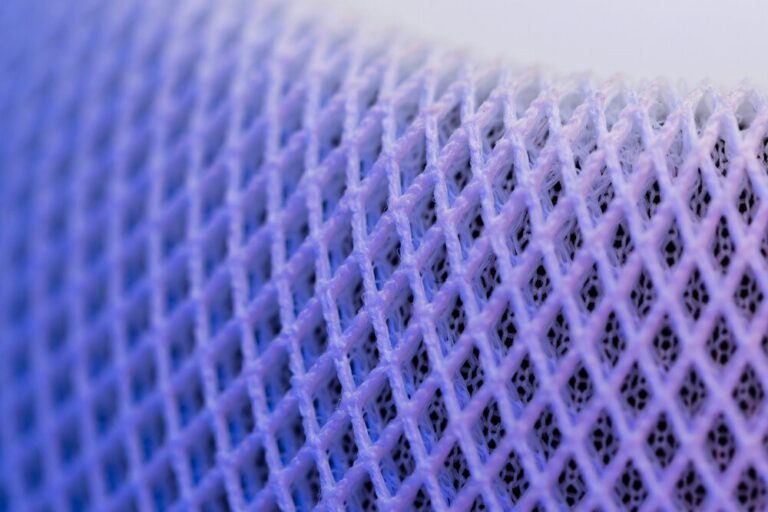Researchers at the Norwegian Radium Hospital in Oslo, Norway, have found that nanoparticles can interfere with the transport of vital substances in cells. While numerous animal trials have shown that new medicines containing nanoparticles have a clear curative value, such studies have also revealed the occurrence of undesired reactions that negatively affect cell function. According to Tore-Geir Iversen, a senior scientist at the Centre of Cancer Biomedicine at the Norwegian Radium Hospital, four years of experimentation have shown that nanoparticles in cells can disrupt important intracellular transport pathways. The team studied quantum dots and iron oxide particles. The team found that protein transporting iron nanoparticles into a cell is taken up in the usual way, even when bounded to the nanoparticles. However, the nanoparticle-bound protein remained in the cell, while 99 percent of the protein not bound to a nanoparticle made it out of the cell. The protein remaining in the cell then accumulated in the endosomes, which are important to a cell’s internal transport system. The nanoparticles interrupt this transport system, causing undesirable changes in the cell’s physiology, and disrupting normal cell functioning. Dr. Iverson said, “The likely explanation is that the protein has to enter through very thin tubes (called tubules) in the endosomes. Nanoparticles of the size we are researching either cannot enter the tubule or they lodge inside and plug it up,” adding, “We find it frustrating that a number of international scientific articles confidently conclude, on poorly verified grounds, that nanoparticles effectively transport medicines to the nucleus. Hopefully our reviews will lead to higher quality in future studies of uptake in the cells.”




